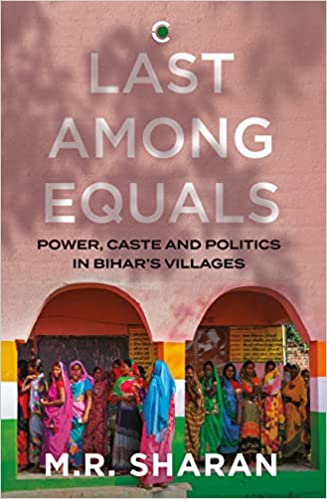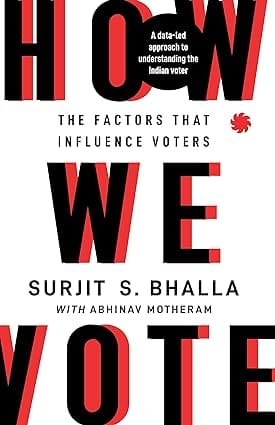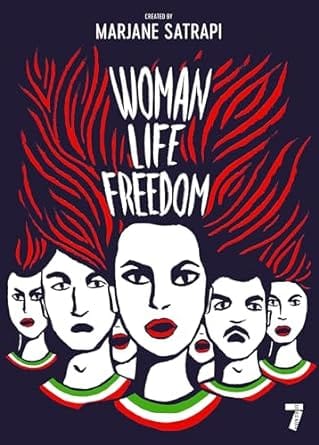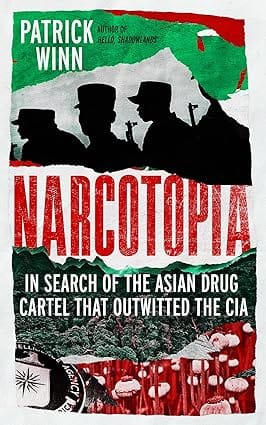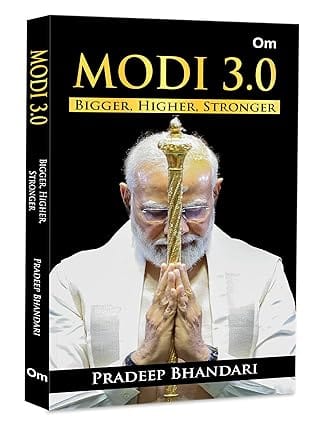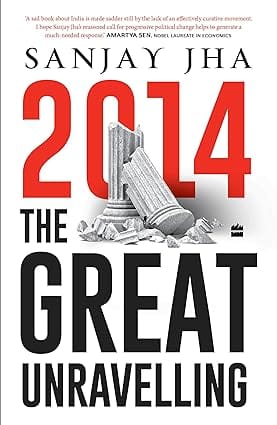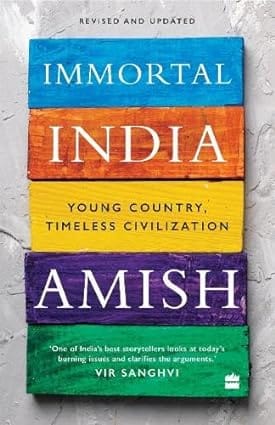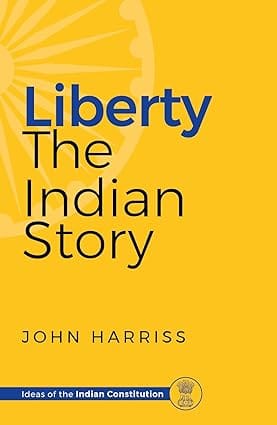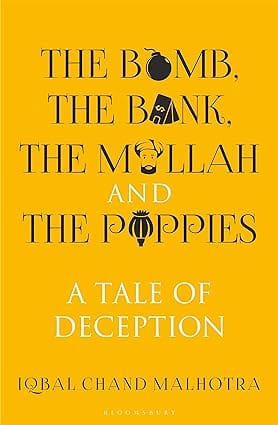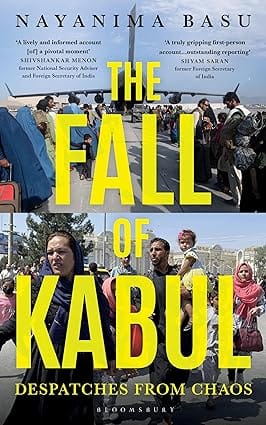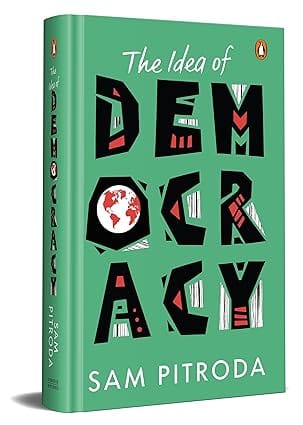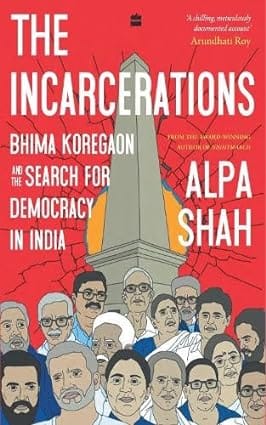-
Contemporary Fiction
- Contemporary Fiction
-
Children
- Children
-
Comics & Graphic Novels
- Comics & Graphic Novels
-
Non-Fiction
- Non-Fiction
-
Fiction
- Fiction
About the Author
M.R. Sharan is an Assistant Professor at the University of Maryland, studying questions centred around development economics and political economy. He obtained his PhD from Harvard University in 2020 and was previously at the Delhi School of Economics and Hansraj College. His novel, Blue, was published in 2014. His writings have appeared across various publications, including the Economic and Political Weekly, The Hindu, The Times of India and The Economic Times. He is at www.mrsharan.com and on Twitter at @sharanidli.
Last Among Equals Power Caste & Politics In Bihar�s Villages
SIZE GUIDE
- ISBN: 9789395073165
- Author: M R Sharan
- Publisher: Context
- Pages: 246
- Format: Hardback
Book Description
About the Author
M.R. Sharan is an Assistant Professor at the University of Maryland, studying questions centred around development economics and political economy. He obtained his PhD from Harvard University in 2020 and was previously at the Delhi School of Economics and Hansraj College. His novel, Blue, was published in 2014. His writings have appeared across various publications, including the Economic and Political Weekly, The Hindu, The Times of India and The Economic Times. He is at www.mrsharan.com and on Twitter at @sharanidli.
Related Books
User reviews
NEWSLETTER
Subscribe to get Email Updates!
Thanks for subscribing.
Your response has been recorded.

India's Iconic & Independent Book Store offering a vast selection of books across a variety of genres Since 1978.
"We Believe In The Power of Books" Our mission is to make books accessible to everyone, and to cultivate a culture of reading and learning. We strive to provide a wide range of books, from classic literature, sci-fi and fantasy, to graphic novels, biographies and self-help books, so that everyone can find something to read.
Whether you’re looking for your next great read, a gift for someone special, or just browsing, Midland is here to make your book-buying experience easy and enjoyable.
We are shipping pan India and across the world.
For Bulk Order / Corporate Gifting
 +91 9818282497 |
+91 9818282497 |  [email protected]
[email protected]
Click To Know More
INFORMATION
POLICIES
ACCOUNT
TRACK SHIPMENT
ADDRESS
Shop No.20, Aurobindo Palace Market, Near Church, New Delhi

